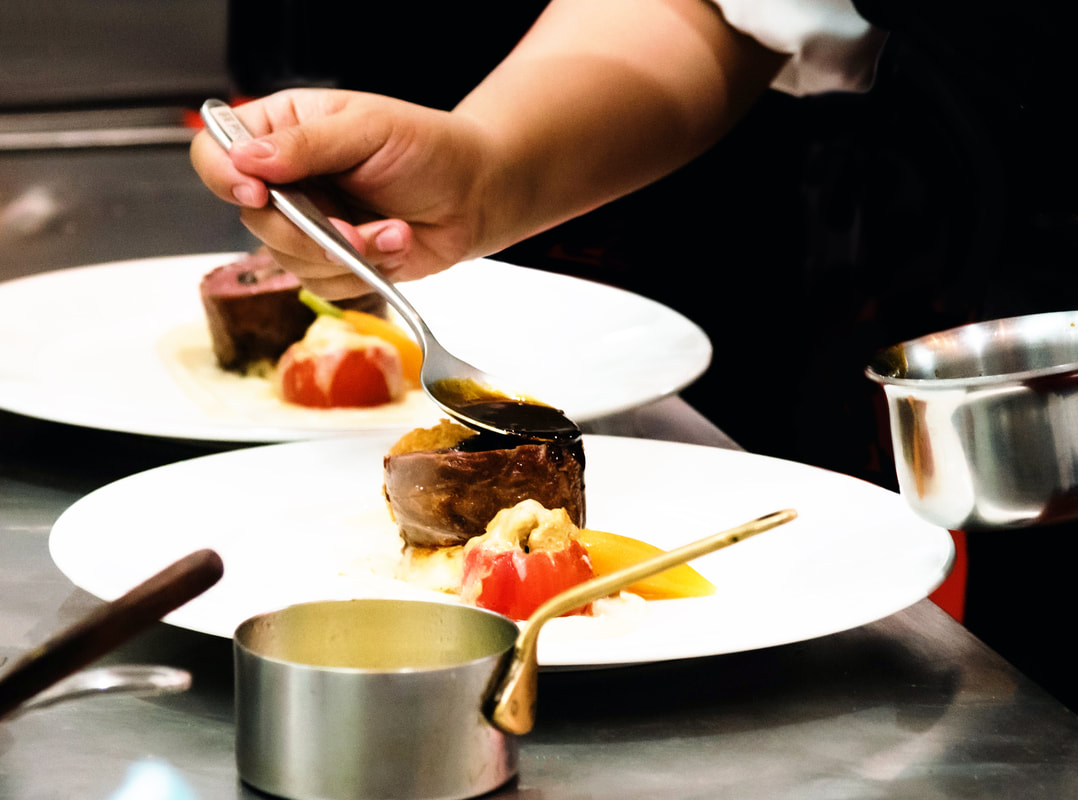|
Has fine dining become unsustainable?
Karim Zariffa May 31, 2023 Navigating how to integrate sustainability and organizational purpose in any industry is a challenging task, even during the best of times. Striking the right balance between organizational risks, impacts, and opportunities while also addressing material sustainability topics can be complex and may sometimes lead to unintended consequences. This holds true even for renowned establishments like Noma restaurant, which provides an interesting case study regarding the sustainability of fine dining. Noma, founded 20 years ago by visionary chef Rene Redzepi and co-founder Claus Meyer in Copenhagen, Denmark, revolutionized the fine dining experience. With its avant-garde menu featuring unique dishes like chocolate-covered moss and reindeer brain custard, coupled with an emphasis on locally sourced and foraged ingredients The Noma fine dining experience became synonymous with sustainability. Chef Rene himself stated that sustainable practices have guided their creativity, not just through ingredient sourcing and reducing their carbon footprint, but also by creating the best possible work environment for their employees[1]. Over the past two decades, Noma has earned multiple titles of the World's Best Restaurant, most recently in 2021, while maintaining its three Michelin Star status. It is no secret that the fine dining industry often presents challenging working conditions for its staff. Despite claiming to champion values like free-range animal sourcing, sustainability, ethically sourced ingredients, farm-to-table approach, and organic practices, many restaurants frequently neglect the welfare of their own employees, one of the critical operational pillars of the industry. Noma's relentless pursuit of culinary innovation and exceptional customer experiences, while upholding sustainability principles, fell short when it came to providing a safe, secure, and fairly compensated working environment for their employees. Reports detailed unfavourable conditions, such as year-round foraging in harsh weather, plucking duck feathers outside in freezing rain, inconsistent work schedules, unpaid interns, and excessive work hours exceeding 40 per week. Only in October 2021 did Noma announce that they would start paying their interns, despite relying heavily on unpaid labor to produce their food[2] – something now recognized as inconsistent with a sustainable business model, and reminiscent of modern slavery or forced labor. However, despite the accolades and its unwavering commitment to sustainability, Noma announced in January 2023 its transition to a new chapter, Noma 3.0, with the understanding that the previous model conflicted with their dedication to the human aspect of sustainability, particularly the well-being of their employees.[3] Noma recognized that they were not fully living up to their sustainability practices. Chef Rene deserves credit for acknowledging that Noma could not continue on its current path without compromising its purpose and commitment to sustainability. With the reinvention of Noma as Noma 3.0, the restaurant’s focus will shift to rectifying the unsustainable aspects of the business model. The brand aims to become a lasting organization dedicated to ground-breaking work in the culinary field, but also aims to redefine the foundations of a restaurant team as a place where individuals can learn, take risks, and grow. By recognizing their shortcomings and taking proactive measures, Noma demonstrates a commitment to aligning purpose and sustainability, ensuring that their practices encompass not only the food they serve but also the well-being and fair treatment of their employees. This journey of transformation showcases the importance of constantly reassessing and evolving business models to ensure that purpose and sustainability remain at the core of an organization's values. [1] Source: Michelin Guide, Noma (link) [2] Imogen West-Knights, “Fine dining faces its dark truths in Copenhagen,” Financial Times, June 1, 2022. (link) [3] Noma 3.0 website (link)
0 Comments
Leave a Reply. |
AuthorWritten by Peter Forrester- Cofounder and Principal at Sustrio Archives
May 2023
|
Navigation |
The Company |
© COPYRIGHT 2023. ALL RIGHTS RESERVED.
|

